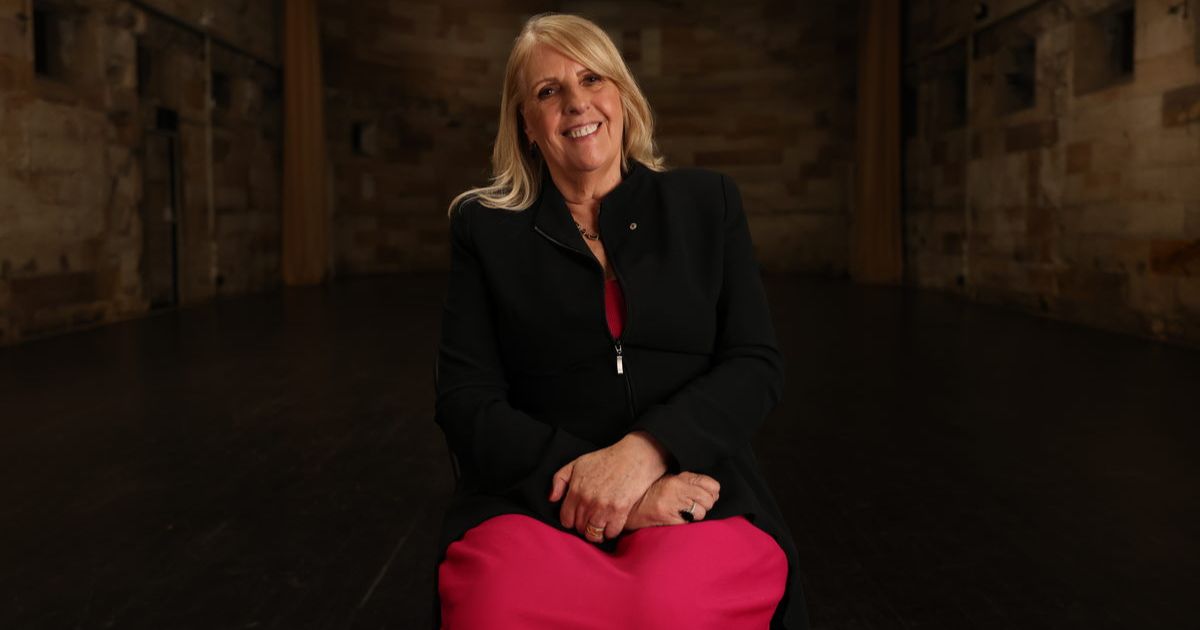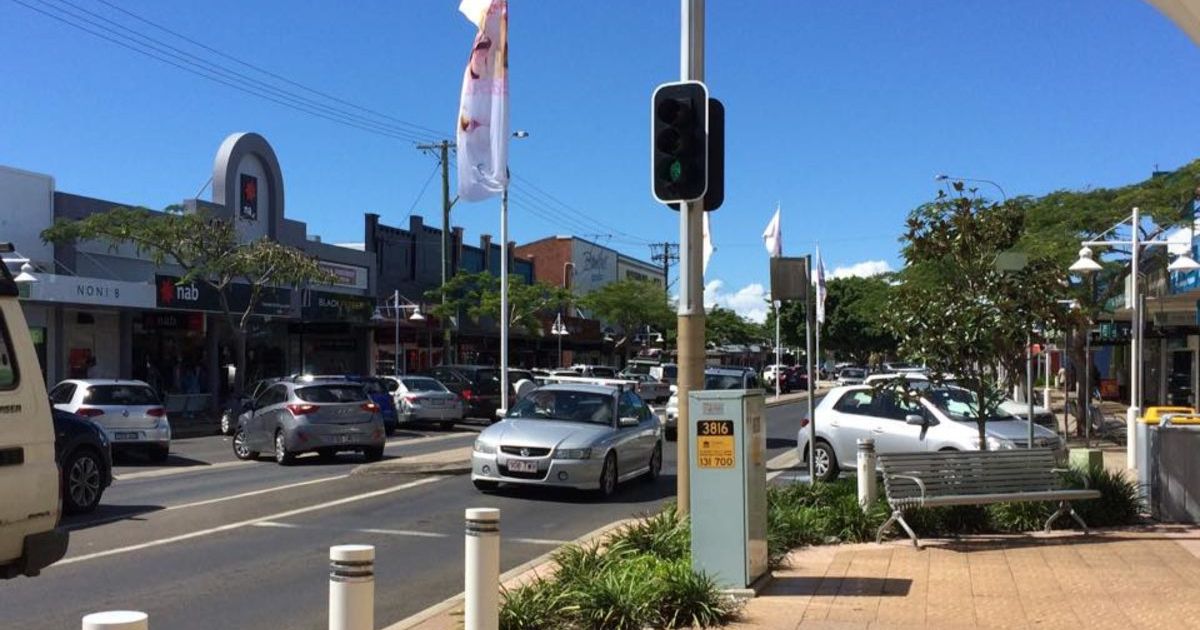Cost-of-living crisis limits mental health support
NEW data from mental health organisation Wayahead reveals that one in three Australians experiencing mental health challenges have not sought treatment, with cost-of-living pressures cited as a major barrier.
Equally alarming is the revelation that almost 50 per cent of young people in the Gen Z and millennial generations have sought support for their mental health compared to 16 per cent of their baby boomer grandparents.
Almost half of all respondents identified the cost-of-living crisis as the most significant barrier to accessing mental health support, with 70 per cent of those with lived experience stating they could not afford services from a psychiatrist, psychologist, or counsellor.
Wayahead CEO Sharon Grocott said the survey demonstrated the devastating cost-of-living crisis.
“It has made it increasingly difficult for Australians to access the mental health support they need, so much so that we now have an alarming number of people unable to access help,” she said.
“No one should have to compromise their mental wellbeing due to financial difficulties, which is why we need to make services more affordable and accessible.”
Ballina mental health advocate Heather Bonnefond said she had observed the impact of the crisis in the local anxiety support group.

“We had a devastating flood in February 2022, so there are still a lot of displaced people in the area,” she said.
“We are seeing many flood-affected people at our meetings who are also struggling financially due to the housing and food shortage, which often creates anxiety.”
Bonnefond believes that while having lived experience to support others is not essential, it can be a benefit.
“I have lived experience of anxiety, and the most important thing to me when I was looking for help was to find somewhere I could feel safe, heard and acknowledged, which is what we provide in our Ballina group,” she said.
Executive Director of the Australian Association of Psychologists, Tegan Carrison, said addressing accessibility and cost was a matter of urgency.
“It is increasing distress and also preventing those affected from accessing the support they desperately need,” she said.
“We need to increase the Medicare rebate and expand the number of subsidised sessions Australians can access.”
If you or anyone you know is experiencing mental health issues call Lifeline on 13 11 14.
For more information on support in the Ballina area, visit understandinganxiety.wayahead.org.au/ballina-anxiety-support-group/



















